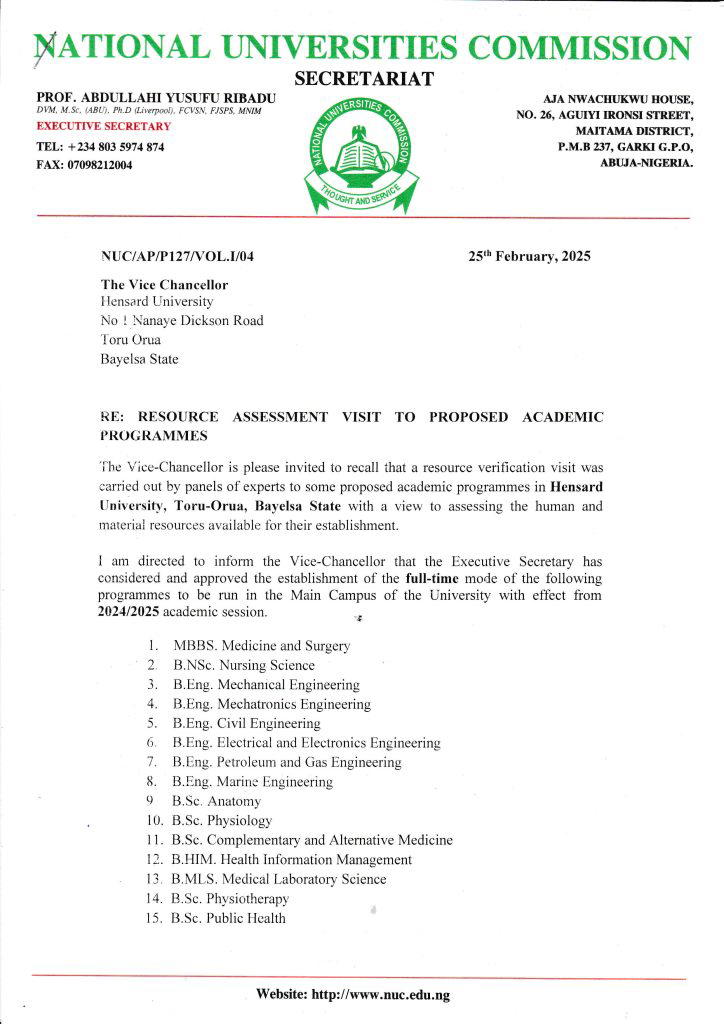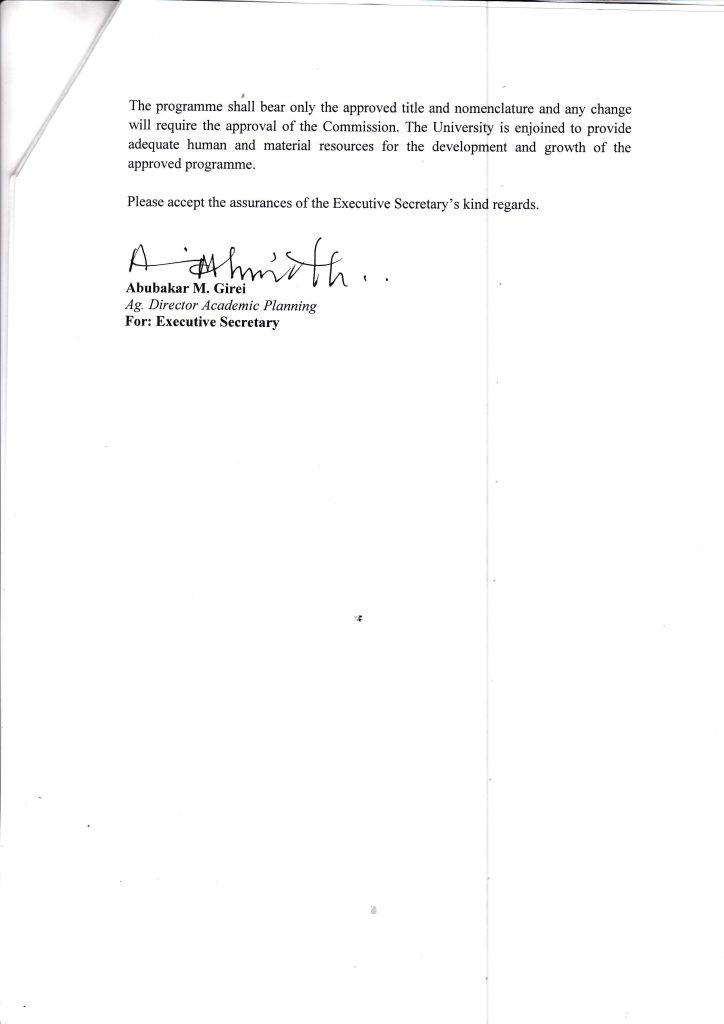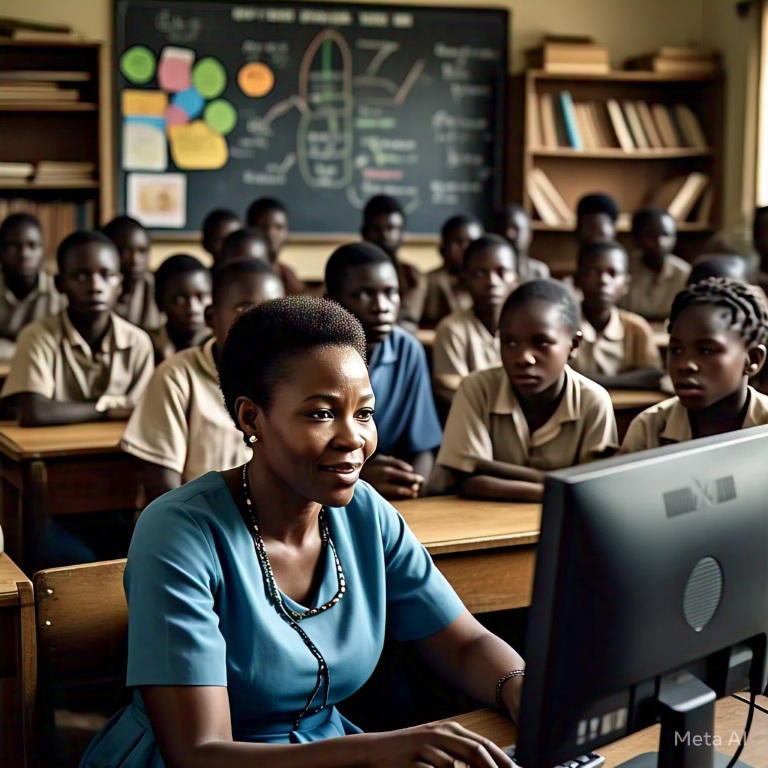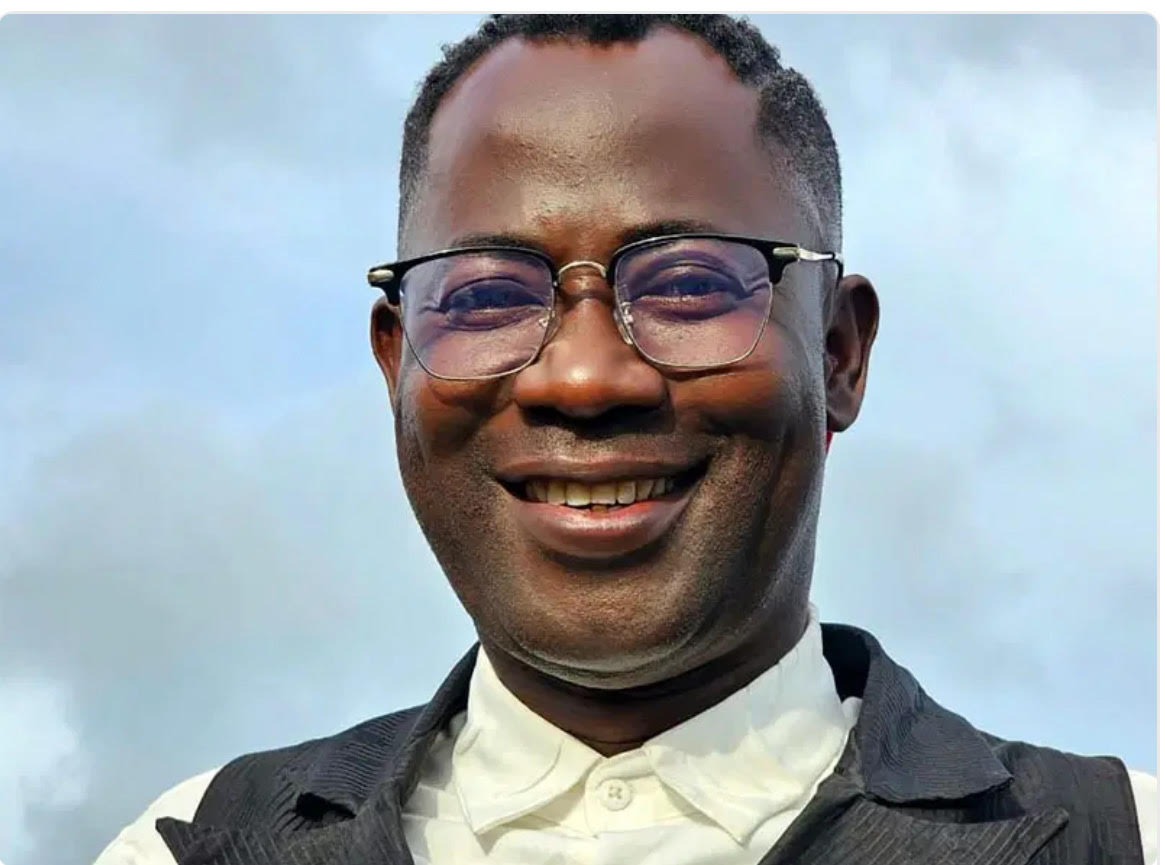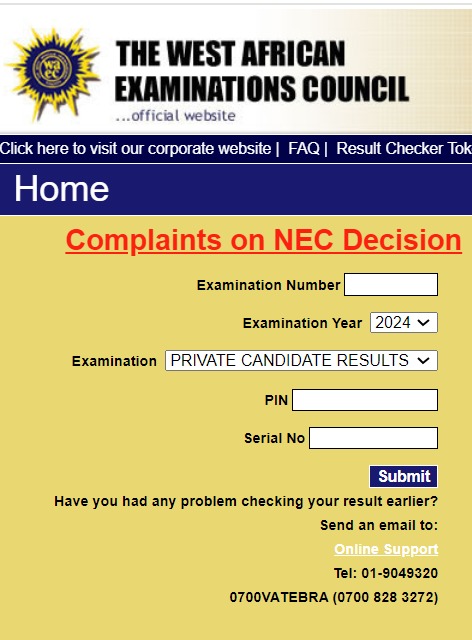A report by the Global Partnership for Education, GPE, under the auspices of the World Bank, has noted that well-designed technology initiatives, managed and implemented by qualified and caring educators, can significantly enhance educational opportunities for both teachers and students and help tackle the ongoing global teaching crisis.
Read Also: APC NEC: Buhari, Osinbajo, Amaechi absent as Tinubu woos aggrieved members
The report was titled “Bridging the gap: How technology can mitigate the global teaching crisis.” While the report enumerated a number of measures to take to curb the global teaching crisis, it, however, said such measures require long-term planning and funding, and their benefits may take years to accrue.
“In the meantime, there’s another tool we can leverage to help address quantity and quality issues at the heart of the global teaching crisis: technology. While it is no substitute for a sustained commitment to recruit, develop and retain excellent teachers, well-designed technology initiatives—managed and implemented by qualified and caring educators—can significantly enhance educational opportunities for both teachers and students.”
It gave three such examples:
Technology can expand access to quality education
Every region across the globe faces teacher shortages, especially in sub-Saharan Africa and Southern Asia where there is rapid population growth. Technology can connect students who lack teachers so that they can continue their education.
Where robust internet access exists, virtual classes can provide instruction to students lacking qualified teachers, especially in STEM (science, technology, engineering, and math) subjects.
Online learning platforms, such as the National Education Equity Lab, offer underserved students access to a greater pool of educators and diversity in subject choices.
Online human tutors and, increasingly, artificial intelligence (AI) tutors can bridge gaps in subject expertise, providing flexible and personalized learning opportunities to students.
Where internet infrastructure is less prevalent or reliable, instructional television (ITV) is often the delivery mechanism of choice. Brazil’s Amazonas region (an area the size of France), Egypt, Ghana, México, Pakistan and Turkey currently use ITV to provide access to schooling.
Related News
UBEC boss promises provision of quality education for every Nigerian child
Best Casinos to Play Roulette Online | How to Choose and Win
Abia targets 8000 teachers as Otti launches new education policy
With ITV, a trained teacher delivers a lesson via satellite TV from a television studio, either live or pre-recorded, to a group of students in a school or community center. Lessons are aligned to the curriculum, shared in small increments (15–30 minutes) throughout the school day and are typically followed by in-class small-group and individual work, questions and answers or discussion.
Technology can compensate for variable teaching quality
Many teachers struggle with basic content knowledge, communicating in the language of instruction and using effective instructional techniques. Well-designed technology initiatives can link students to high-quality instruction, driving improvements in literacy, numeracy and foundational skills.
Experimental studies in Ghana, México, Pakistan, and Zanzibar have highlighted technology’s ability to reduce the ill effects of low-quality teaching. Computer-aided instruction and educational apps have counterbalanced inferior quality instruction, standardized quality instruction and ensured students’ educational attainment in foundational skills.
Educational tools that make use of artificial intelligence can assist untrained teachers, volunteer teachers or teachers teaching outside their content area with planning lessons, designing assessments and developing learning materials.
Technologies don’t need to be advanced or cutting edge to be effective. Even the simplest ones can improve instructional quality.
Capitalizing on a technology educators already own and know—such as their phones—is an effective strategy. Rocket Learning, a 2023 WISE Award winner, sends daily text- and image-based messages to over 120,000 early childhood educators across 5 states in India. These messages offer practical, research-based strategies on promoting literacy, numeracy, child development, socio-emotional learning and classroom management.
Interactive audio instruction (IAI)—a distance learning technology that makes use of radio and audio devices for teaching—has been particularly effective in delivering high-quality instruction to classrooms headed by untrained or poorly qualified teachers.
Programmes like the Education Development Center’s IAI program in the Democratic Republic of Congo show that students participating in IAI spend more time engaged with educational content, which leads to improved learning outcomes in turn, compared to students attending non-IAI schools.
Technology can provide professional learning to teachers
Two of the biggest barriers to teacher access to professional learning are geography and scheduling. Technology can mitigate both.In areas with weak or no pre-service systems, IAI can guide and support community volunteers, paraprofessionals and even secondary-level students who serve as teachers. Studies have shown that IAI can compensate for the learning curves required of novice teachers with little degradation in the quality of instruction, maintaining instructional quality as teachers and students respond to audio prompts and exercises.
Different technologies can target various aspects of a teacher’s development. Teachers may use computer-aided instruction programs to learn a new concept, coteach it in real time via Zoom with a master teacher, participate in WhatsApp professional learning communities for feedback or engage in self-paced and self-directed online learning through YouTube and Facebook groups.
Online pre-service teacher preparation programs, like the University of South Africa’s online B.A. in education and similar pre-service programs offered by many open universities, can democratize access to education, enabling prospective teachers to gain certification remotely.
For example, from the late 1980s to the 1990s, China’s Television Teachers’ College prepared hundreds of thousands of teachers through instructional television.Technology also offers teachers continuous learning opportunities. Online professional development platforms like the African Virtual University and Spain’s Escuela21 provide extensive teacher education across sub-Saharan Africa, Europe and Latin America, reducing the logistical and financial barriers associated with traveling for in-person professional learning.
Well-designed online learning can also standardize the quality of instruction teachers receive and model engaging, interactive teaching methods.From virtual schools to mobile phones, to instructional TV and interactive audio instruction, technology can play an important role in the multifaceted approach to addressing the global teaching crisis by providing access to quality education, compensating for variable teaching standards and providing professional development to teachers.But technology is not a silver bullet. It cannot replace the hard work of better preparing and rewarding the world’s teachers. It still requires access to infrastructure—whether electricity, internet, cellular connectivity or broadcast signals. And it also demands highly skilled course designers, content developers and teachers.
Courses must also be designed with access, equity and quality in mind.However, when technology initiatives are carefully designed and thoughtfully implemented by well-trained, committed and qualified educators and implementing agencies, they can significantly address challenges tied to the absence of teachers and improve educational outcomes by providing consistent, high-quality content and learning to the students and teachers who need them most.
TodayPriceNG News
